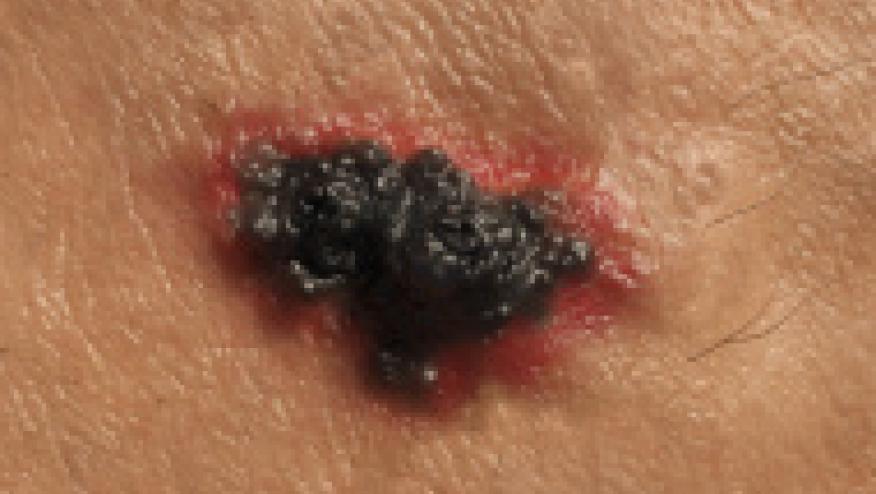Checkpoint Inhibitor Safety in Melanoma Patients with Autoimmune Disease Save

Immune checkpoint inhibitors (ICI) are well known to cause immune-related adverse events (irAEs). A study from the Dutch Melanoma Treatment Registry shows that the use of checkpoint inhibitors for advanced melanoma in AID (autoimmune disease) patients did not increase the risk of irAEs, except for those with preexisting IBD.
From a total of 4367 advanced melanoma patients in the Dutch Melanoma Treatment Registry, there were 415 patients (9.5%) with AID (rheumatologic AID = 227, endocrine AID = 143, inflammatory bowel disease = 55). Nearly half of these (55%) were treated with ICI (CTLA-4 =87; PD-1 - 187; combination = 34).
The frequence of irAEs of grade 3 or higher in patients with AID vs those without AID are shown:
- anti–CTLA-4 = 30% AID vs 30% without AID
- anti–PD-1 = 17% AID vs 13% without AID
- combination therapy = 44% AID vs 48% without AID
AID patients more often discontinued anti–PD-1 treatment because of toxicity (17% vs 9%).
IBD patients had more anti–PD-1–induced colitis (19% vs 3% other AID pts vs 2% in patients without AID.
Clinical response rates were similar in patients with versus those without AID and survival did not differ between groups.
While AID patients did not seem to experience more irAEs with ICI therapy, IBD patients may be a greater risk for severe colitis flares if treated with anti-PD-1 therapy.










If you are a health practitioner, you may Login/Register to comment.
Due to the nature of these comment forums, only health practitioners are allowed to comment at this time.